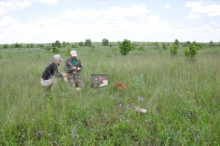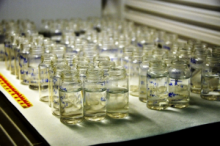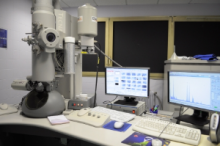Shared challenges in chronic low dose effects and risk assessment
The joint research activities conducted under this topic area improved knowledge in the field of low dose effects by strengthening pan-European links between the radioecology and the human low dose effect communities. The work conducted focused on epigenetics, and on their role in trans-generational effects.
| INNOVATIVE RESEARCH ACTIVITIES ON LOW DOSE EFFECTS WERE FOCUSED ON: | |
Picture copyright © JM Bonzom-IRSN | Epigenetics Gene Expression |
| THE EUROPEAN RESEARCH COMMUNITY WERE STRENGTHENED BY: | |
Picture copyright © JM Bonzom-IRSN | Organizing research Sharing Promoting |
| EXPERIMENTS WERE CONDUCTED: | |
Picture copyright © JM Bonzom-IRSN | Using different biological models In laboratory controlled conditions and in the field Observatories |
For more information on the work to be conducted contact Christelle Adam-Guillermin



